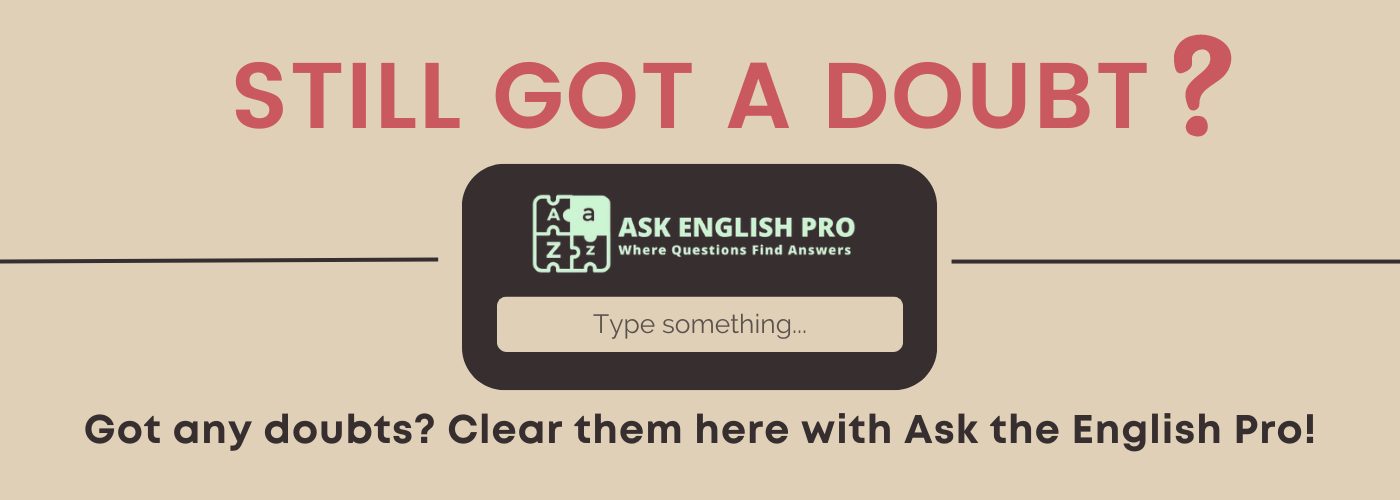Detailed Article for the Word “Archaic”
What is Archaic: Introduction
Imagine dusty tomes in an old library or an ancient ruin standing the test of time—”archaic” evokes images of things that belong to an age long past. It captures the essence of what has faded from current relevance yet still echoes with history. In today’s fast-evolving world, this term resonates as we contrast our rapid innovations with the artifacts of older, slower times. “Archaic” has gained renewed interest, whether in appreciating classical art, rediscovering old customs, or even revisiting early forms of language.
Origin and History of the Word Archaic
The word “archaic” traces its roots to the Greek “archaikos,” derived from “archaios” meaning “ancient” or “primitive,” which in turn comes from “arkhe” (beginning). It entered the English language in the early 19th century, initially used to describe antiquated aspects of art, architecture, and language. Over time, “archaic” expanded beyond scholarly contexts to describe anything outdated or from an earlier era. From linguistics to cultural practices, “archaic” today signifies something preserved from the past, providing insight into human development and the evolution of ideas.
Meaning and Definition of Archaic
Archaic (adjective):
- Belonging to an earlier period; ancient or old-fashioned.
- No longer in everyday use but sometimes used for stylistic or historical effect.
- Primitive; in an early stage of development (technical usage).
Usage note: “Archaic” often carries a nuanced sense of reverence for something antique, while also acknowledging its limited function in contemporary settings.
How to Pronounce Archaic
ar-KAY-ik
How to Remember Archaic: Memory Tips
Think of the “arc” in “archaic” as an arc or curve that takes us back in time. Another memory aid is to connect “arch” to “ancient,” as in ancient architecture. Picture an old archway leading to the past, or visualize dusty, timeworn objects to remember that “archaic” refers to things from a bygone era.
Archaic in a Sentence: Examples and Usage
- Literary: The poet’s use of archaic language lent the verses an air of timeless beauty.
- Linguistic: Many archaic words from Old English are no longer recognized in modern dictionaries.
- Artistic: The museum displayed an archaic statue dating back thousands of years.
- Everyday: His archaic views on technology made it difficult for him to adapt to modern gadgets.
- Scientific: In archaeology, an “archaic” period often refers to a prehistoric stage in human development.
- Historical: Archaic laws, no longer applicable, are sometimes amusing relics of old governance.
Difficulty Level of Using Archaic
Intermediate:
- Frequently appears in academic and descriptive contexts.
- Accessible meaning, though subtle connotations of respect or obsolescence may require careful use.
Modern Usage of Archaic in Contemporary Context
While “archaic” may seem synonymous with irrelevance, its usage today reflects both respect and a critical lens on the past. In literature and poetry, authors often use archaic language to evoke a sense of tradition or grandeur. Meanwhile, the term can describe outdated customs or systems that persist despite changing times, such as certain archaic laws or social practices. Technology has revived interest in the archaic, with digital preservation efforts aimed at archiving historical artifacts, texts, and knowledge. Additionally, the word often appears in discussions around “archaic systems” in politics, education, and law, emphasizing the tension between tradition and progress in society.




















I love your master tips. Please add words to it.